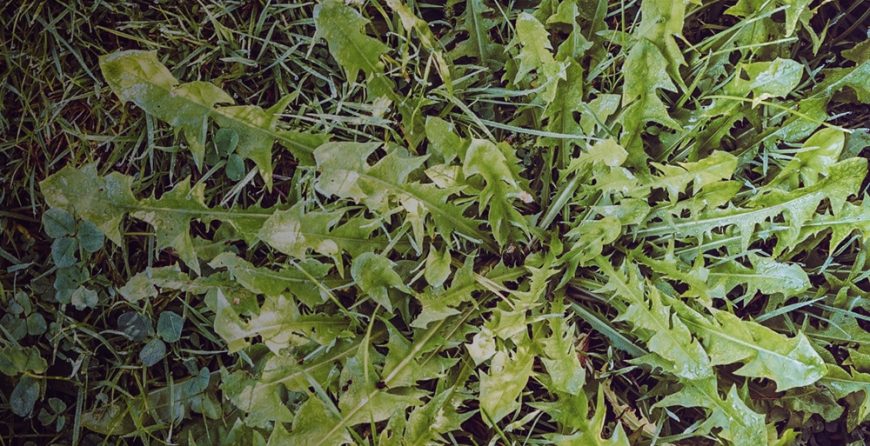 As an organic gardener, you’re probably not a fan of weeds. The moment you spot them sprouting, digging in their roots, and unfurling all over your garden is enough to make you want to pull your hair out. A garden full of weeds is an unsightly one, but the unpleasant appearance is just the beginning of your problems.
As an organic gardener, you’re probably not a fan of weeds. The moment you spot them sprouting, digging in their roots, and unfurling all over your garden is enough to make you want to pull your hair out. A garden full of weeds is an unsightly one, but the unpleasant appearance is just the beginning of your problems.
As you well know, when weeds set up camp in your garden your plants can’t get the nutrients they need. Weeds will hog all of the good nutrients, water, and sunlight your crops need to survive, which means you’ll get a minimal harvest at best.
Cutting-edge research has suggested that organically grown vegetables are better equipped for handling weed pressure than vegetables grown with chemical pesticides and synthetic fertilizers. Regardless, the fewer the weeds in your garden, the better off your plants will be.
So what’s the best way to keep weeds out of your organic garden?
A common recommendation among organic growers is ground-covering mulch. Unfortunately, most mulches that are best for vegetable gardens need to be purchased from somewhere, but the most popular materials are probably some that you come across often. For example, items like straw, newspaper, or black plastic are great for eliminating weeds. Pro tip: Try to avoid using red and green plastics since they’re not environmentally sustainable.
Watch out for plastics!
If you’re gardening on a budget, you should know that the cost of using plastic barriers can add up. They’re great for suppressing weeds and diseases, but they’ll eat away at your pocketbook. You’ll also need to put in a lot of effort to lay and remove them. There’s also the matter of diverting water out of your garden when too much pools up. Not to mention it will all just end up in the trash at the end of the harvesting season. For these reasons, we recommend plastic barriers as your last resort.
You should also know that plastic barriers can be a detriment to your soil. Plastics warm the soil when they’re exposed to the sun, which means you’ll get earlier harvests, but they may also kill the good bugs and bacteria your plants need to flourish. Also, keep in mind that plastic mulch is petroleum-based and unrecyclable.
If you’re tired of watching weeds take over your organic garden, the good news is that there’s a hero in our midst.
Dun, dun, na nah . . . The cover crop!
Cover crops are used to add nutrients and organic matter to gardens. Often called “green manures,” they’re used with compost. Most savvy gardeners will incorporate these guys into their soil before they flower to ensure maximum soil conditioning. Consider this: Instead of tilling your cover crops into the soil and using them as mulches, why not get all the benefits by growing them aboveground?
Gardeners often turn to cover crops because they can be mowed down to create a thick layer of dead plant matter, which is perfect for growing new plants.
Once you start to incorporate cover crops into your garden you won’t want to go back to plastic mulches. They’re effective at suppressing weeds, discouraging diseases, enriching the soil, and keeping moisture in your garden. Cover crops will also boost the amount of microbial life in the soil so you don’t have to worry as much about fostering good fungi and bacteria as you had to in the past.



I love using “green manures” as cover crops and they have helped turn my barren, clay soil into a respectable loam. Thank you for your post. Lee.